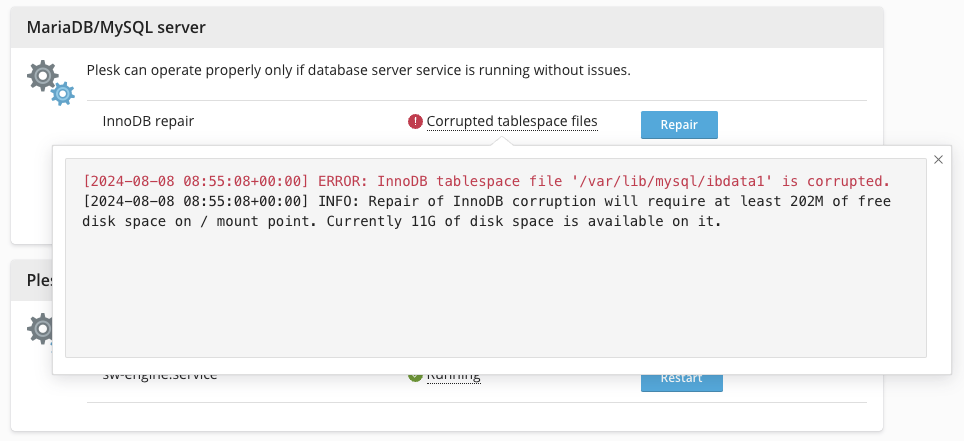Addressing Recent Issues in Handling Political Content on Social Media Platforms
Over the past week, two significant issues emerged concerning the treatment of political content on social media platforms. One incident involved a photo of former President Trump following an attempted assassination, which was incorrectly flagged by fact-checking systems. The other issue revolved around responses generated by Meta AI regarding the same event. Although these incidents were not a result of bias, they highlight the complexities and challenges faced by social media platforms in managing sensitive political content. This article aims to provide an in-depth explanation of these issues and the steps taken to address them.
Understanding the Issues
1. Meta AI’s Response to the Assassination Attempt
Artificial Intelligence (AI) chatbots, such as Meta AI, are designed to provide information based on pre-existing data. These systems are powered by large language models trained on vast datasets. However, they are not always reliable when it comes to breaking news or real-time events. This limitation became evident during the recent attempted assassination of former President Trump.
When news of the assassination attempt broke, there was a flood of information, including misinformation and conspiracy theories. To avoid disseminating incorrect information, Meta AI was programmed to refrain from answering questions about the event, opting instead to provide a generic response indicating that it could not offer any information. This led to some users reporting that the AI was refusing to discuss the incident.
Subsequently, Meta AI’s responses were updated to provide more accurate information about the assassination attempt. However, in a few instances, the AI still generated incorrect responses, sometimes even denying that the event occurred. In the AI industry, such inaccurate outputs are referred to as "hallucinations." This phenomenon is a widespread issue across all generative AI systems and poses an ongoing challenge for handling real-time events.
To address this, Meta is continuously working to improve the accuracy and reliability of AI-generated responses. Feedback from users plays a crucial role in refining these systems and reducing the occurrence of hallucinations.
2. Fact-Checking a Doctored Photo
The second issue involved a doctored photo of former President Trump with his fist raised, giving the impression that Secret Service agents were smiling. Due to the alterations, a fact-check label was correctly applied to the doctored image. Fact-checking technology works by detecting content that is identical or nearly identical to content previously rated by fact-checkers and then applying the same label.
However, due to the subtle yet significant differences between the doctored photo and the original image, the fact-checking system mistakenly applied the label to the real photo as well. This error was quickly identified, and corrective measures were taken to remove the incorrect label from the original image.
Moving Forward
Both of these issues underscore the complexities involved in moderating political content on social media platforms. Meta is committed to ensuring that its platforms are spaces where people can freely express themselves while also maintaining the integrity and accuracy of the information shared.
Improving AI Reliability
One of the primary challenges is improving the reliability of AI systems, especially in the context of breaking news. Large language models need to be continually updated and refined to handle real-time events more effectively. This includes:
- Training on Recent Data: AI models should be trained on the most recent data to improve their understanding of current events.
- Implementing Real-Time Fact-Checking: Integrating real-time fact-checking mechanisms can help ensure that AI-generated responses are accurate.
- User Feedback: Encouraging users to provide feedback on AI responses can help identify and rectify inaccuracies more quickly.
Enhancing Fact-Checking Mechanisms
Fact-checking technology also needs to be enhanced to avoid errors like the one involving the doctored photo. Steps to improve fact-checking include:
- Refining Detection Algorithms: Improving the algorithms that detect and compare content can help reduce false positives.
- Collaboration with Fact-Checkers: Working closely with professional fact-checkers can ensure that labels are applied more accurately.
- Transparency: Providing users with more information about why a particular label was applied can help build trust in the system.
Industry-Wide Challenges
The issues faced by Meta are not unique; they are part of broader challenges affecting the entire tech industry. Generative AI systems across various platforms experience similar problems, particularly when it comes to handling real-time events and breaking news. Addressing these challenges requires a collaborative effort from tech companies, researchers, and policymakers.
Industry Reactions
The tech community has been actively discussing the limitations and potential of AI in handling real-time information. Experts emphasize the need for continuous improvement and innovation in AI technologies. For instance, incorporating hybrid models that combine AI with human oversight could be a potential solution to mitigate inaccuracies.
User Reactions
Users have expressed mixed reactions to the recent issues. While some appreciate the efforts to prevent the spread of misinformation, others are concerned about the reliability of AI systems. Meta’s commitment to addressing these issues and improving their platforms is a positive step towards building user trust.
Conclusion
The recent issues related to political content on social media platforms highlight the complexities and challenges of moderating sensitive information. Meta is committed to improving the reliability of its AI systems and enhancing its fact-checking mechanisms. By addressing these challenges head-on and incorporating user feedback, Meta aims to create a more accurate and trustworthy platform for all users.
As the tech industry continues to evolve, ongoing efforts to refine AI technologies and fact-checking processes will be crucial in ensuring the integrity of information shared on social media platforms. Users can expect to see continuous improvements as Meta and other tech companies work towards creating safer and more reliable digital spaces.
For more Information, Refer to this article.






















![The Apex Legends Digital Issue Is Now Live! Apex Legends - Change Audio Language Without Changing Text [Guide]](https://www.hawkdive.com/media/5-Basic-Tips-To-Get-Better-On-Apex-Legends-1-218x150.jpg)







